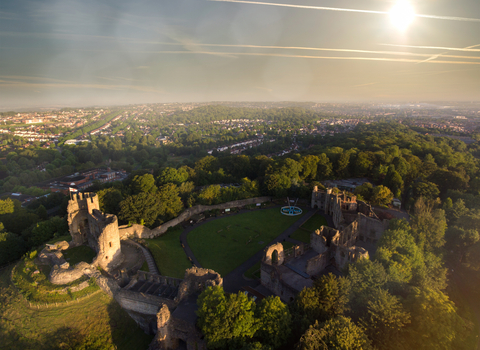What is Dudley's Path to Nature Recovery
Launching in 2024 thanks to funding from the West Midlands Combined Authority, Dudley’s Path to Nature Recovery is our new project to connect local communities to nature across Dudley's rich landscape of hills through five interlinked activities - conservation work, community engagement, citizen science, partnership development and the creation of new walking routes.
Dudley has amongst the lowest rates of access to, and public use of, nature in England - sitting in the lowest 10% of authorities for available greenspace in relation to population density (NEF Consulting, 2020). Dudley's Path to Nature Recovery will seek to lessen this inequality and create a wilder future for Dudley residents.
Find out more below!
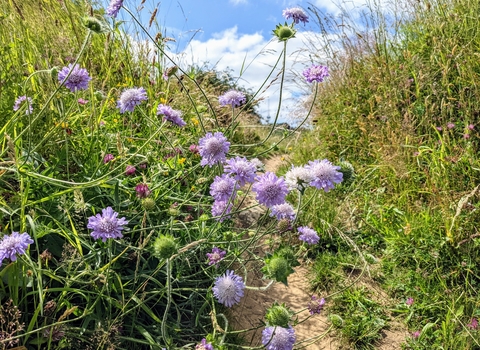
Conservation Work
Conservation works will be undertaken at sites along Dudley’s hills, specifically the Rowley Hills, Saltwells National Nature Reserve, Castle Hill, and Sedgley Beacon. Works will be informed by baselining work, pre-existing evidence, and prior Birmingham & Black Country Wildlife Trust projects, and will include woodland improvement, calcareous grassland restoration, heathland creation, and work to preserve geological features.
Our work will focus directly on improving and restoring priority habitat and species, including Lesser Horseshoe Bat and Green Hairstreak butterfly, across sites in Dudley, along with restoring nationally important calcareous grassland and protecting associated floral species.
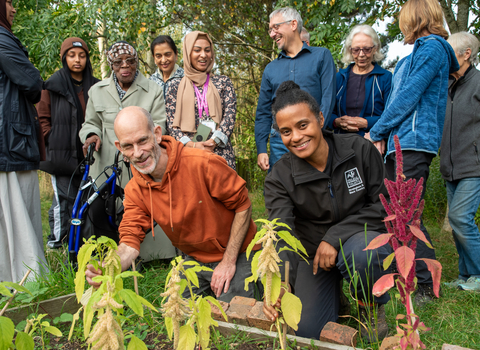
Community Engagement
Our community engagement work will include working with local schools to deliver curriculum-relevant environmental education and leading walking events along our 'Green Path'. Engagement with community groups will discuss our plans, ensuring community views are accounted for and included in our project outcomes. Activities delivered in concert with the Black Country Geological Society will also improve awareness of the area’s geological heritage.
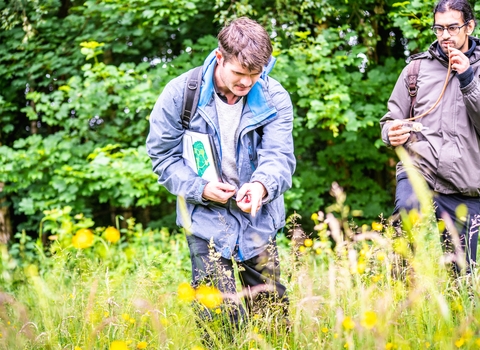
Citizen Science
Drawing on the experience of our EcoRecord team, our citizen science work will establish and facilitate a Birmingham and Black Country invertebrates recording group. We will also work with Brum Bats and the local community to gather a baseline of evidence of bat species and movements across five sites. This will use remote recording equipment - set and monitored in partnership with community members.
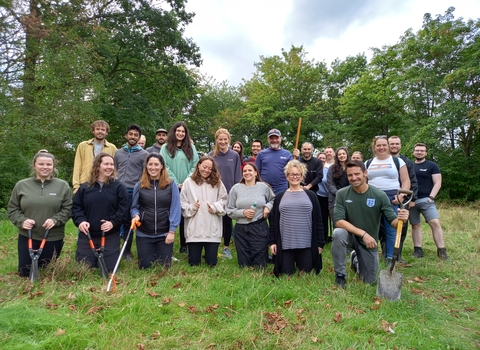
Partnership Development
Numerous opportunities exist for the delivery of nature recovery across Dudley’s landscape through partnership development. We will convene discussions amongst key potential partners and community groups to identify models of and sites for collaboration.
If you wished to speak with us about potential partnership opportunities, please send us an email to comms@bbcwildlife.org.uk
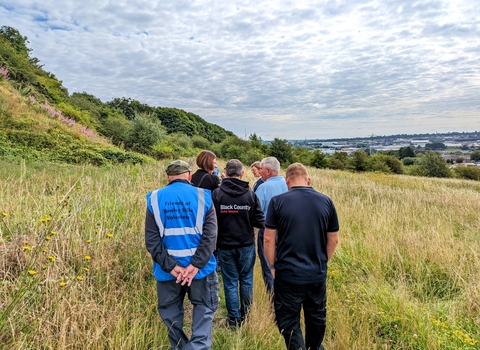
Creation of Walking Routes
Working with local artists and building upon and connecting with existing or planned routes, we will scope and map a Green Path walk across the project’s landscape, from Portway Hill to Sedgley Beacon. Echoing the area’s geological heritage and steered by the natural routes of local wildlife, our aim is to impact on sense-of-place and connections to nature amongst our communities by walking with them across Dudley’s landscape.
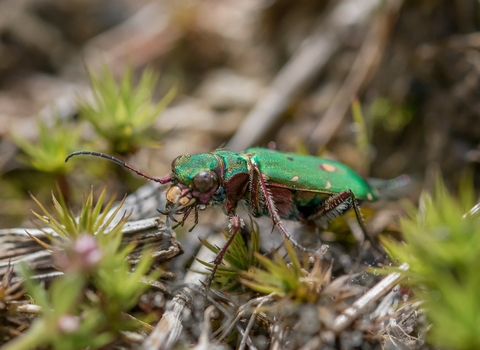
Birmingham & Black Country Invertebrate Group
The Birmingham and Black Country Invertebrate Group (BIG) aims to bring together both existing invertebrate specialists and those with a growing interest in invertebrates to record, study and help conserve invertebrates in Birmingham and the Black Country.
The group plans to hold practical field visits, indoor lectures and taxonomic training events based around understudied invertebrate groups within the area.
Scroll down to see a map of locations we've already surveyed.
Birmingham & Black Country Invertebrate Group Survey Locations
Click on a BIG logo to find out more about each of our surveys!

